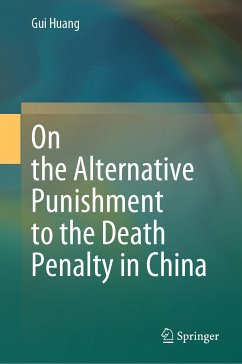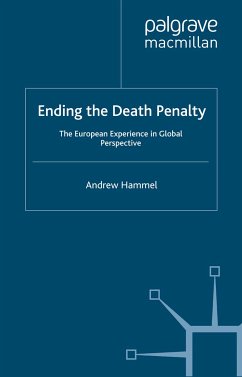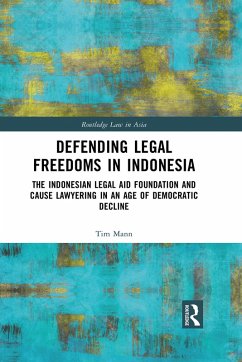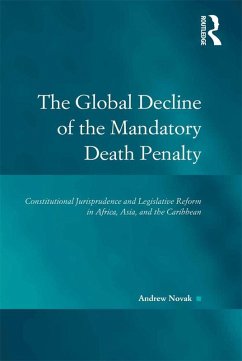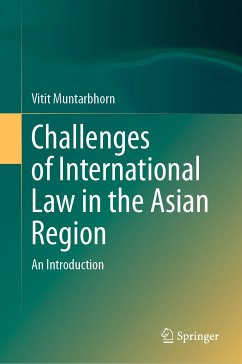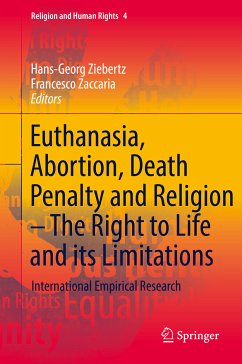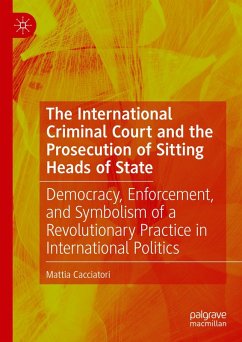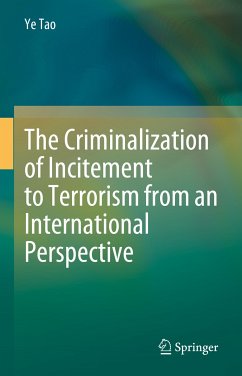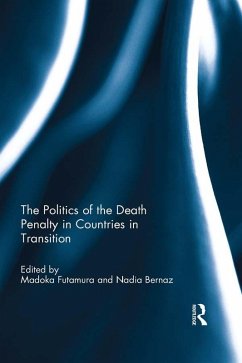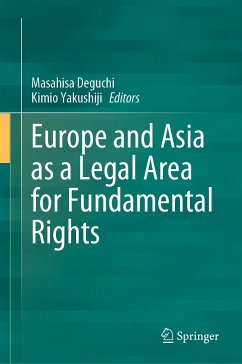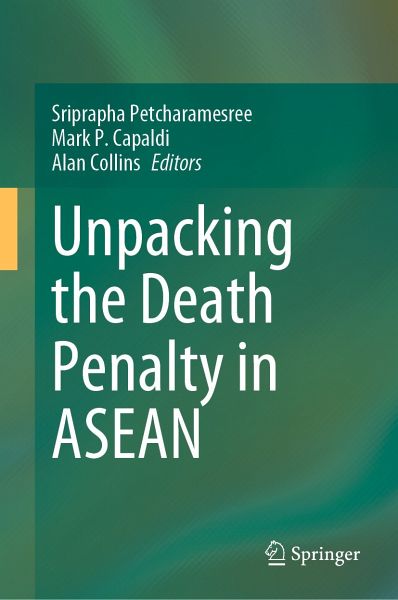
Unpacking the Death Penalty in ASEAN (eBook, PDF)
Versandkostenfrei!
Sofort per Download lieferbar
96,95 €
inkl. MwSt.
Weitere Ausgaben:

PAYBACK Punkte
48 °P sammeln!
This book contributes conceptually, theoretically and morally to a deeper understanding of the distinctive Asian perceptions of punishment, justice and human rights. Researched and prepared by scholars who have not only been conducting studies on the death penalty in the region but have also been advocating for legal reforms, this edited volume touches upon the different justifications for the use of capital punishment in the ASEAN region, exposing the secrecy, sensitivities and dilemmas that mask violations of international human rights laws. The chapters bring in numerous new perspectives wh...
This book contributes conceptually, theoretically and morally to a deeper understanding of the distinctive Asian perceptions of punishment, justice and human rights. Researched and prepared by scholars who have not only been conducting studies on the death penalty in the region but have also been advocating for legal reforms, this edited volume touches upon the different justifications for the use of capital punishment in the ASEAN region, exposing the secrecy, sensitivities and dilemmas that mask violations of international human rights laws. The chapters bring in numerous new perspectives which have been overlooked in the traditional discourse surrounding the use of the death penalty, such as that around crimes that do not meet the threshold of 'most serious'; the dignity of death row inmates and their families; contradictions within religion and capital punishment; and the way in which growing authoritarianism and the media are adversely influencing the public's perception andsupport for capital punishment in the region. In examining how public opinion shapes state policies towards the death penalty and how it varies according to different offences and different states, the authors critically analyse how the international human rights mechanisms have specifically called for ASEAN member states to refrain from extending the application of the death penalty and to limit it to the "most serious crimes". Relevant to socio-legal scholars focused on crime and punishment in Southeast Asia, and in the Global South more broadly, this is a landmark collection in criminology and human rights scholarship.
Dieser Download kann aus rechtlichen Gründen nur mit Rechnungsadresse in A, B, BG, CY, CZ, D, DK, EW, E, FIN, F, GR, HR, H, IRL, I, LT, L, LR, M, NL, PL, P, R, S, SLO, SK ausgeliefert werden.



